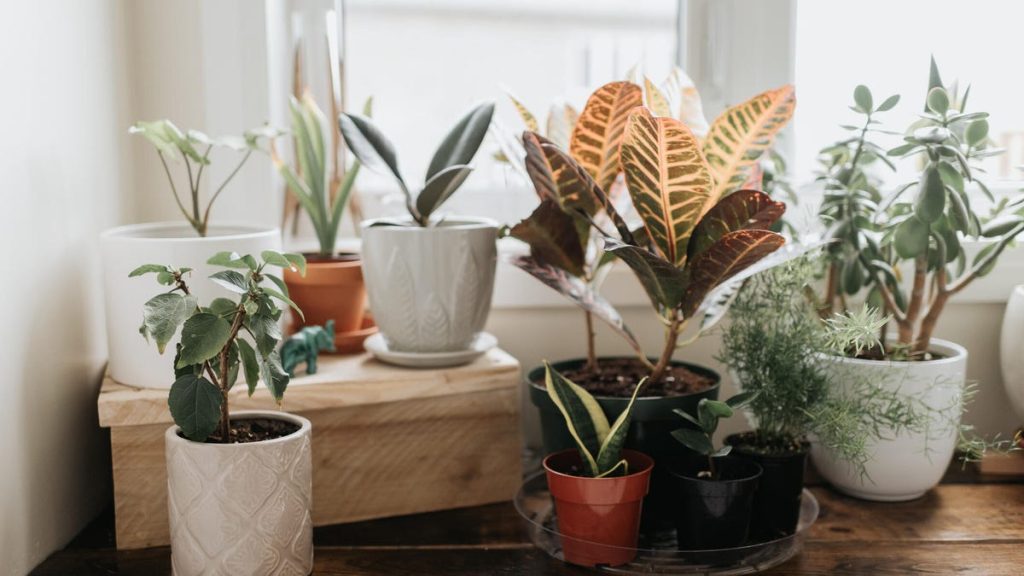Bugs are a common occurrence in kitchens, but dealing with them can be a hassle and expensive. Exterminators and bug sprays are not always the best solution, as bug sprays can contain harmful chemicals. However, there are common houseplants that are known to repel bugs and keep them from taking over the kitchen. These plants contain essential oils and chemical compounds that deter bugs and can even kill them. In addition to their bug-repelling properties, plants add beauty and ambiance to any room.
Herbs are a great way to repel bugs while also serving as flavor enhancers in cooking. Potent herbs like basil, mint, sage, and rosemary have scents that deter insects like house and fruit flies from entering the kitchen. Lemongrass, which contains citronella oil, is also effective in repelling mosquitos. Marigolds emit a potent scent that repels gnats and midges, making them a great addition to any home garden. Lavender, known for its calming properties, can also ward off moths and beetles.
Catnip, known for its euphoric effect on cats, has the opposite effect on roaches and mosquitoes. Scientists have found that catnip contains an active component that triggers a chemical receptor in insects causing pain and itchiness, leading them to retreat. Chrysanthemums are particularly effective in repelling common kitchen insects like roaches, ants, silverfish, lice, bed bugs, and mites. However, caution should be taken with pets around these toxic flowers. Carnivorous plants, like the Venus flytrap, are an entertaining option for bug elimination, luring insects with a scent that mimics fruits and flowers.
These plants, flowers, and herbs make natural additions to a kitchen pest management plan, while also providing beauty and potential culinary uses. Natural alternatives like coffee grounds, essential oils, banana peels, white vinegar, and onions can also help in warding off infestations if left out on kitchen counters. By incorporating these natural bug-repelling options, you can keep your kitchen bug-free without relying on harmful chemicals or expensive exterminators.


